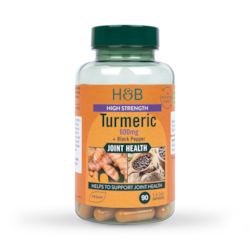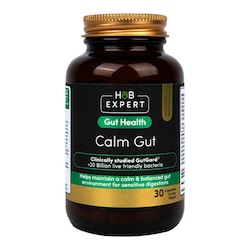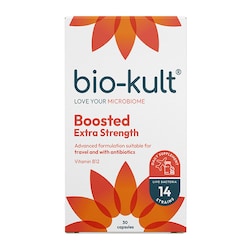20% off £30
How to calculate your BMR

BMR stands for basal metabolic rate. It’s a neat way of referring to how much energy your body burns whilst it’s at rest. And since energy is calories, this means BMR is directly related to how you can manage your weight. So let’s look at how to calculate your own BMR.
What is BMR?
Your basal metabolic rate means the energy your body burns when it is at rest, doing absolutely nothing. BMR accounts for around 60% of your total calories burned in a 24-hour period. That’s why it’s so important to understand your own BMR. Whilst you can do plenty to change your activity, your workouts and your daily movement, your BMR number is outside your direct control. Once you know your BMR, you know how many calories your body needs just to survive. You can then come up with a suitable weight management plan that's neither too low nor too high in calories.
How to calculate your BMR

- Men: 10 x weight (kg) + 6.25 x height (cm) – 5 x age (years) + 5
- Women: 10 x weight (kg) + 6.25 x height (cm) – 5 x age (years) – 161



































